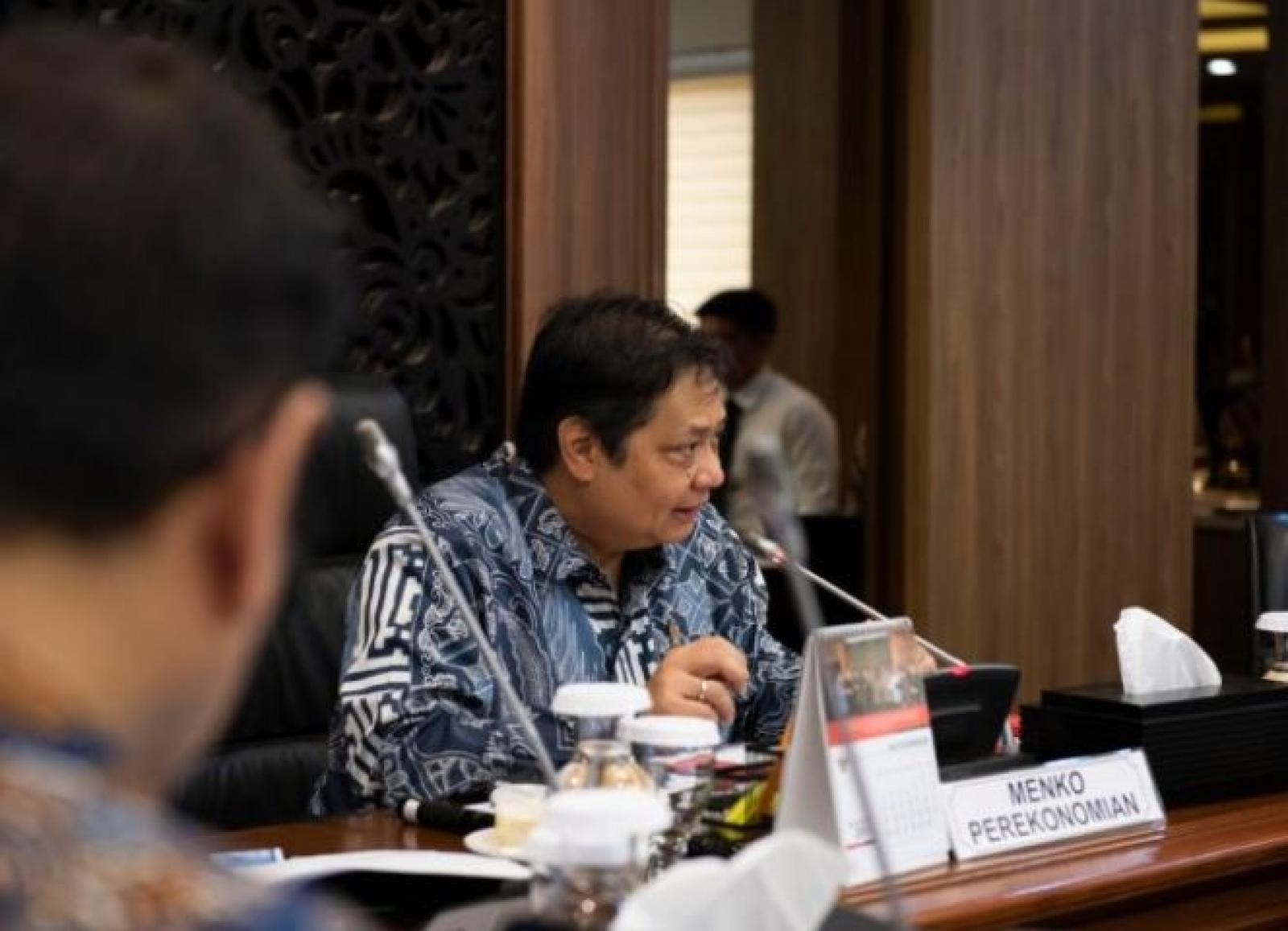Airlangga: Exporters not placing gains in Indonesia will lose permits

JAKARTA – The Indonesian government will impose strict sanctions on exporters who fail to comply with the obligation to deposit 100% of their export proceeds (DHE) into the country's financial system for a minimum of one year.
“Exporters who do not comply with this requirement will face administrative sanctions in the form of the revocation of their export licenses,” said Airlangga Hartarto, the Coordinating Minister for Economic Affairs, in a press conference on Monday (17/2).
This policy is regulated under Government Regulation (PP) No. 8 of 2025 regarding DHE from natural resources (SDA), which aims to strengthen the national economy's stability and prevent practices such as transfer pricing that could harm the country.
Airlangga explained that this policy aligns with practices in countries like Malaysia, Thailand, and Vietnam, where all export proceeds are required to be converted into the local currency, such as the ringgit and baht.
However, in Indonesia, these funds can still be used for company operations and for settling obligations in foreign currency.
The main reason for implementing this policy is to address the potential for transfer pricing practices, where a company may report lower export values in the originating country while the destination country records higher values.
The government has established a monitoring mechanism based on benchmarks for each industrial sector to ensure exporters' compliance.
“The government has sector-specific benchmarks. For instance, in the coal sector, the costs are well-known. Similarly, for the palm oil sector, the government is aware of the costs. So, if they operate outside these patterns, they can be monitored directly,” said Airlangga. (DK/ZH)